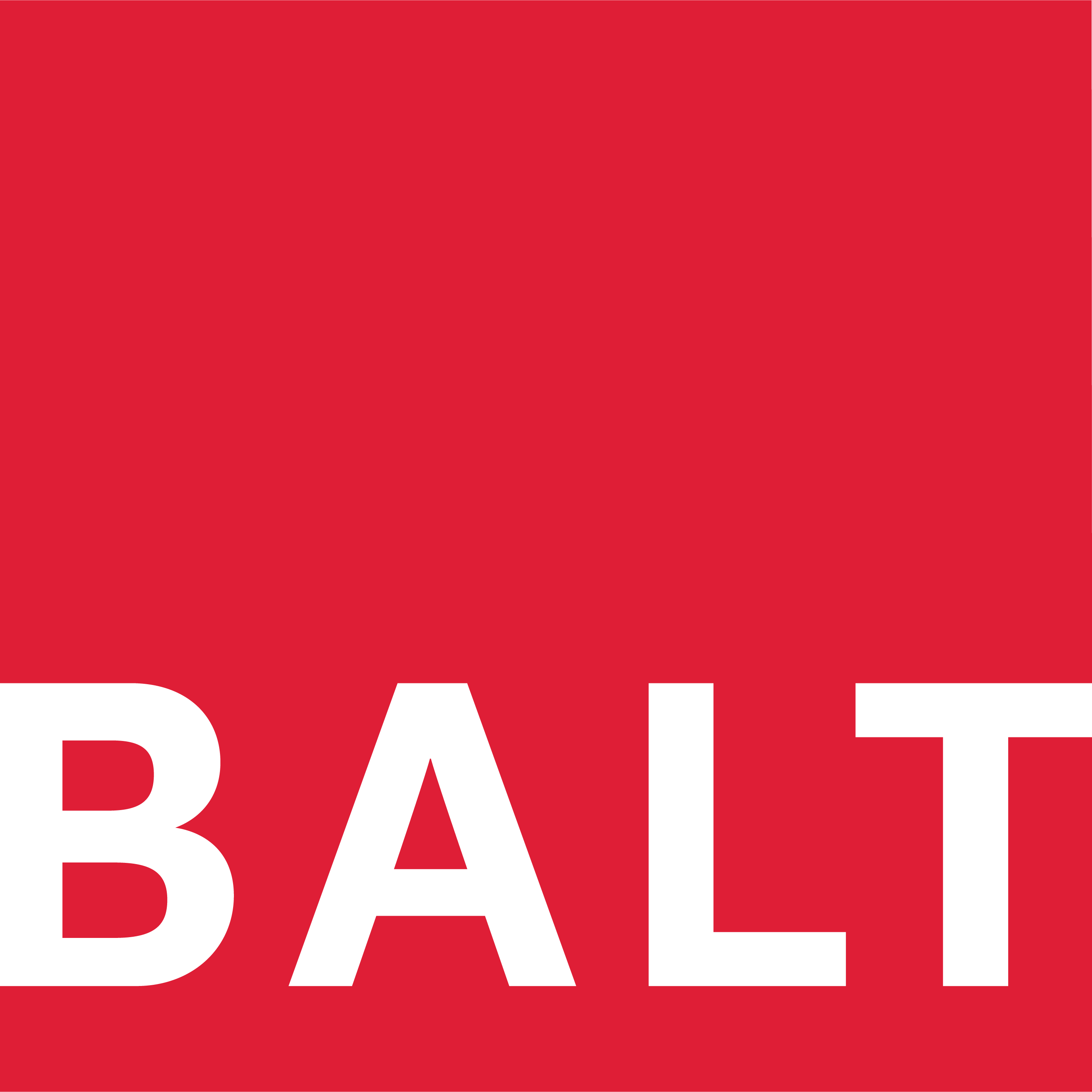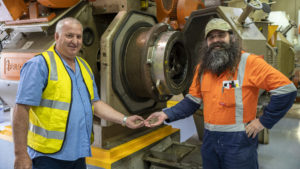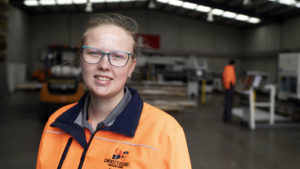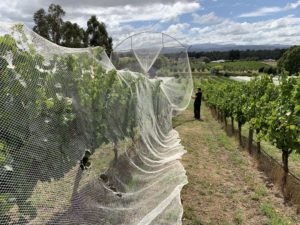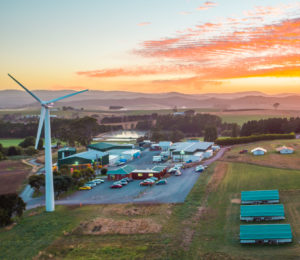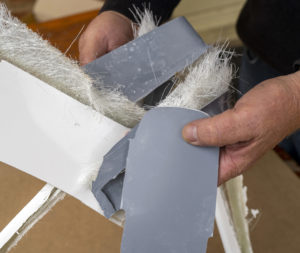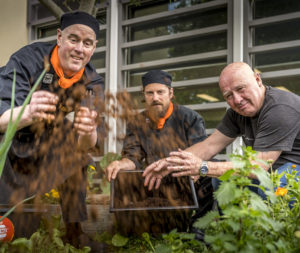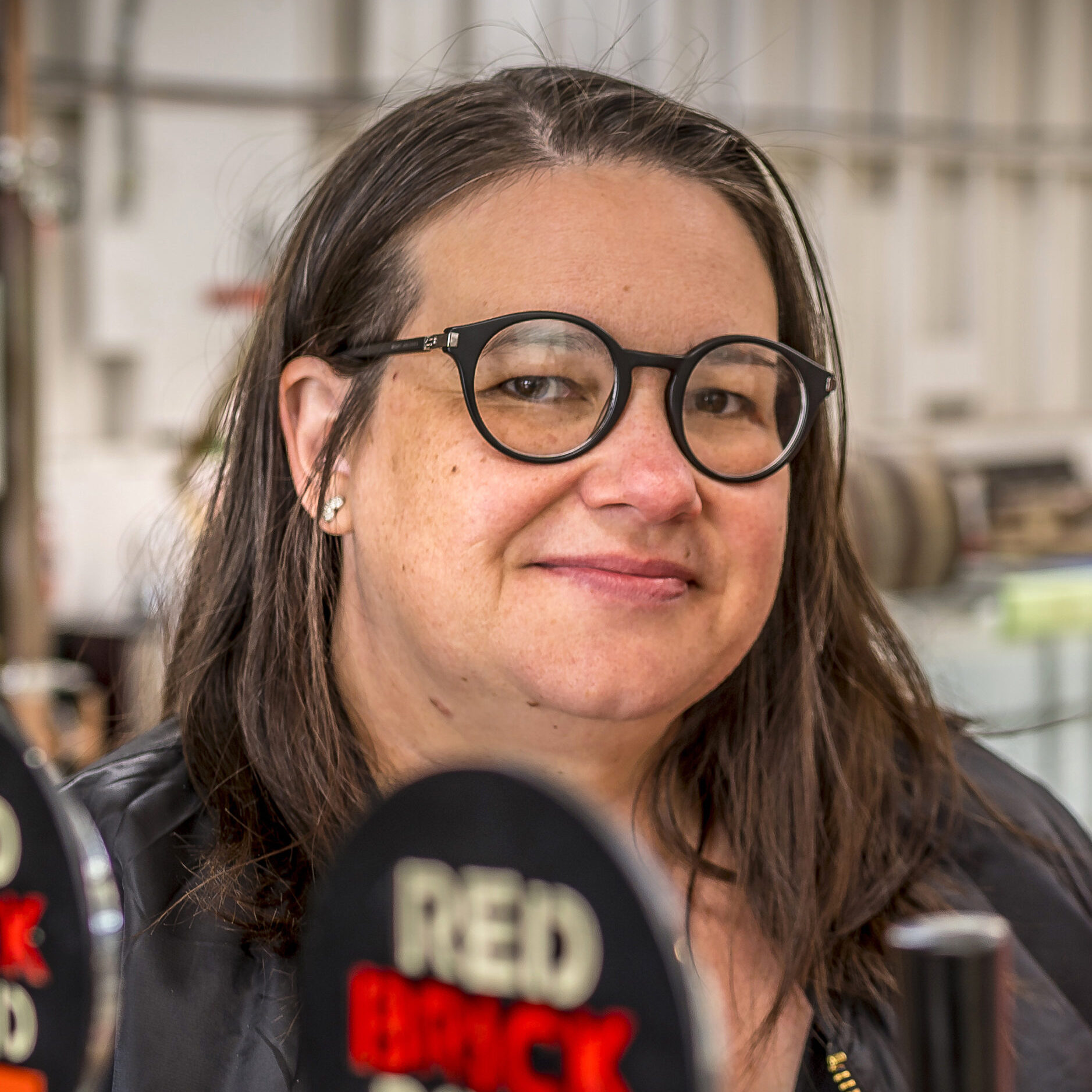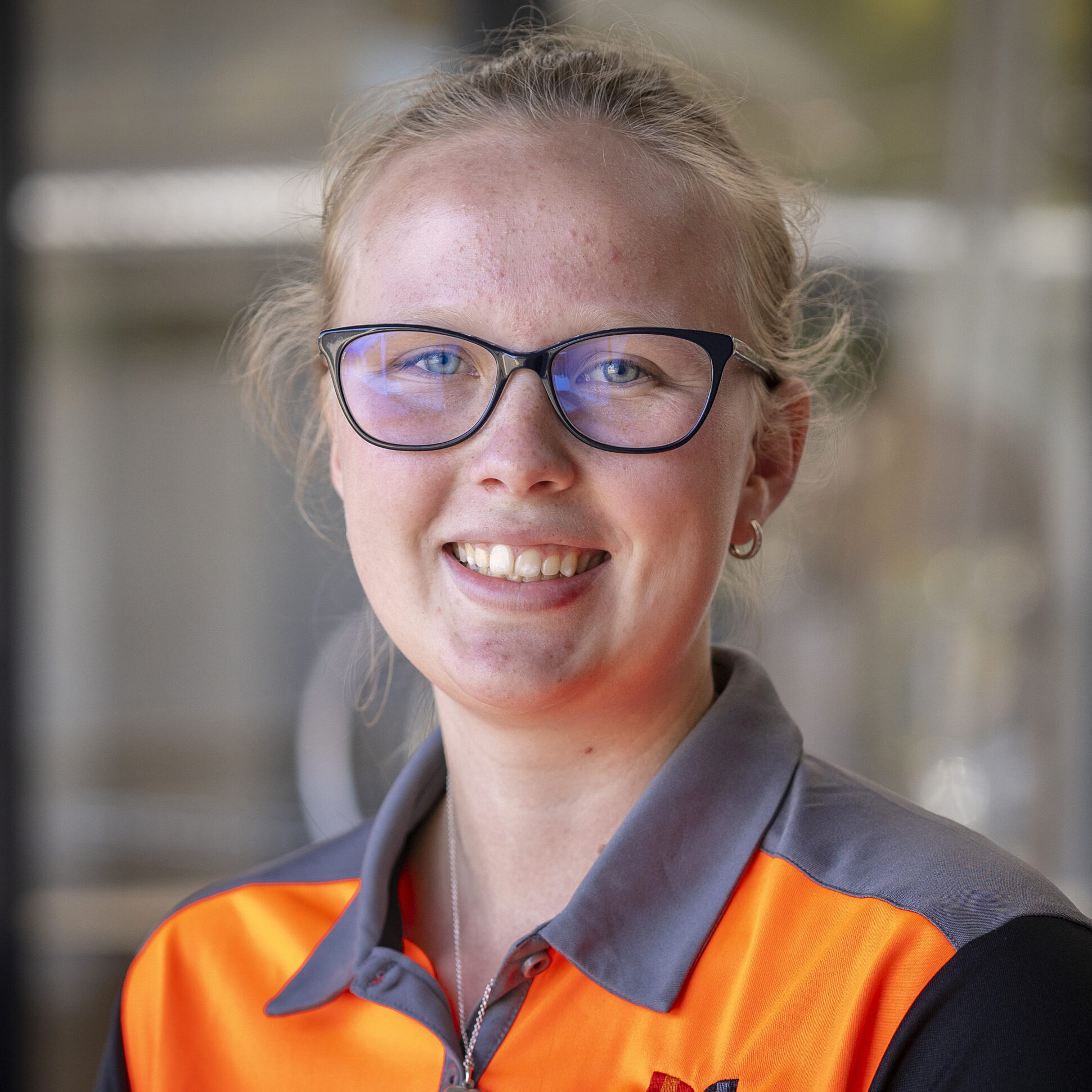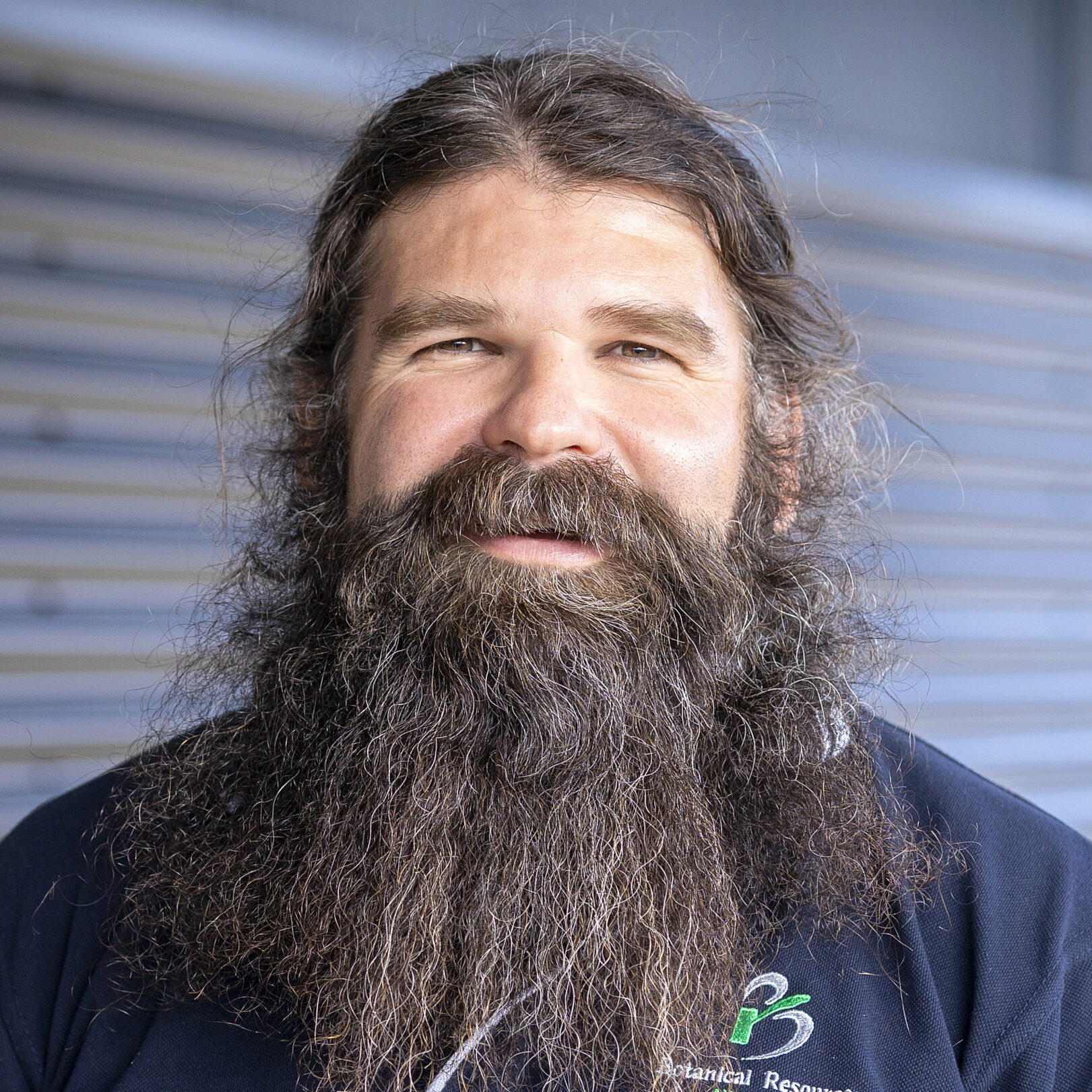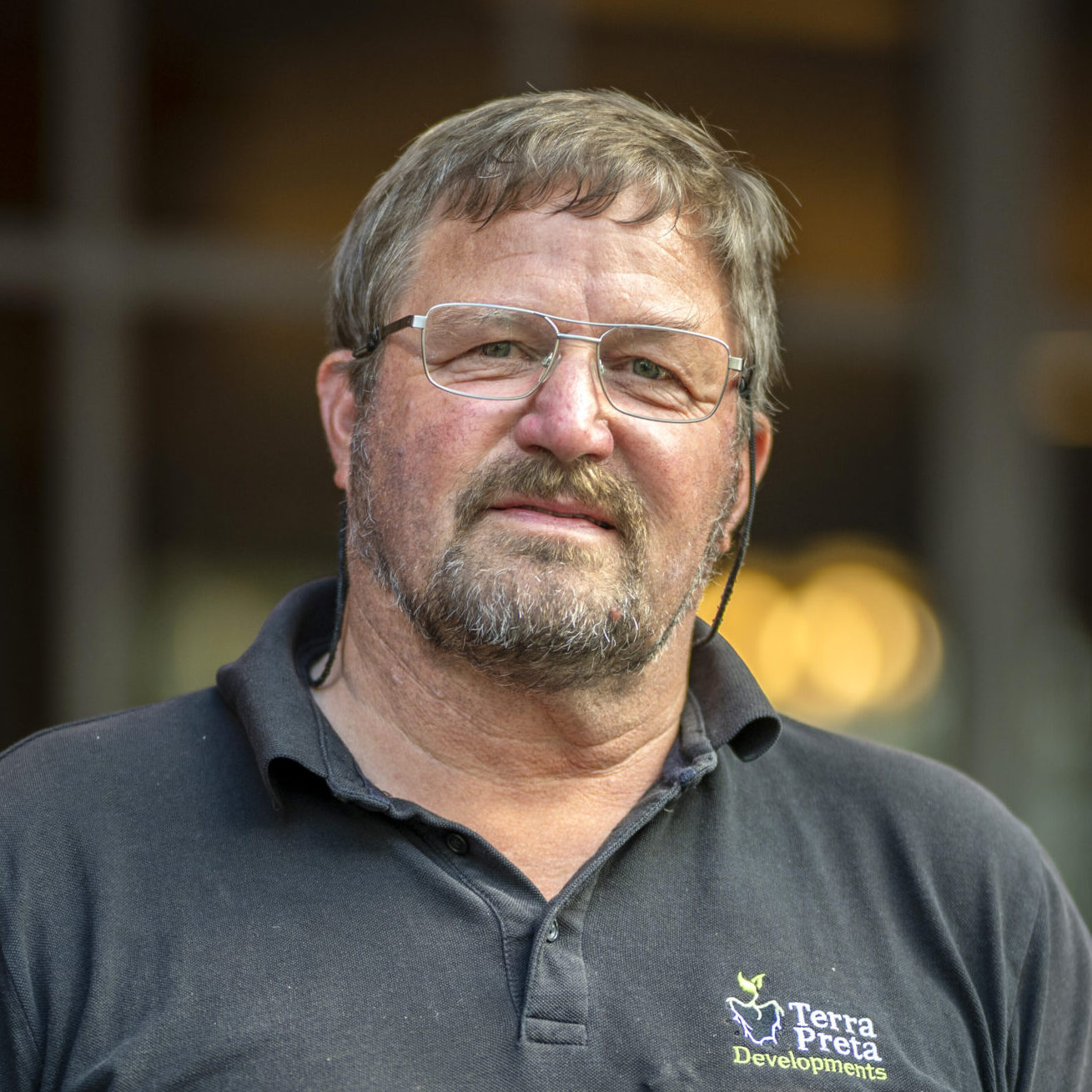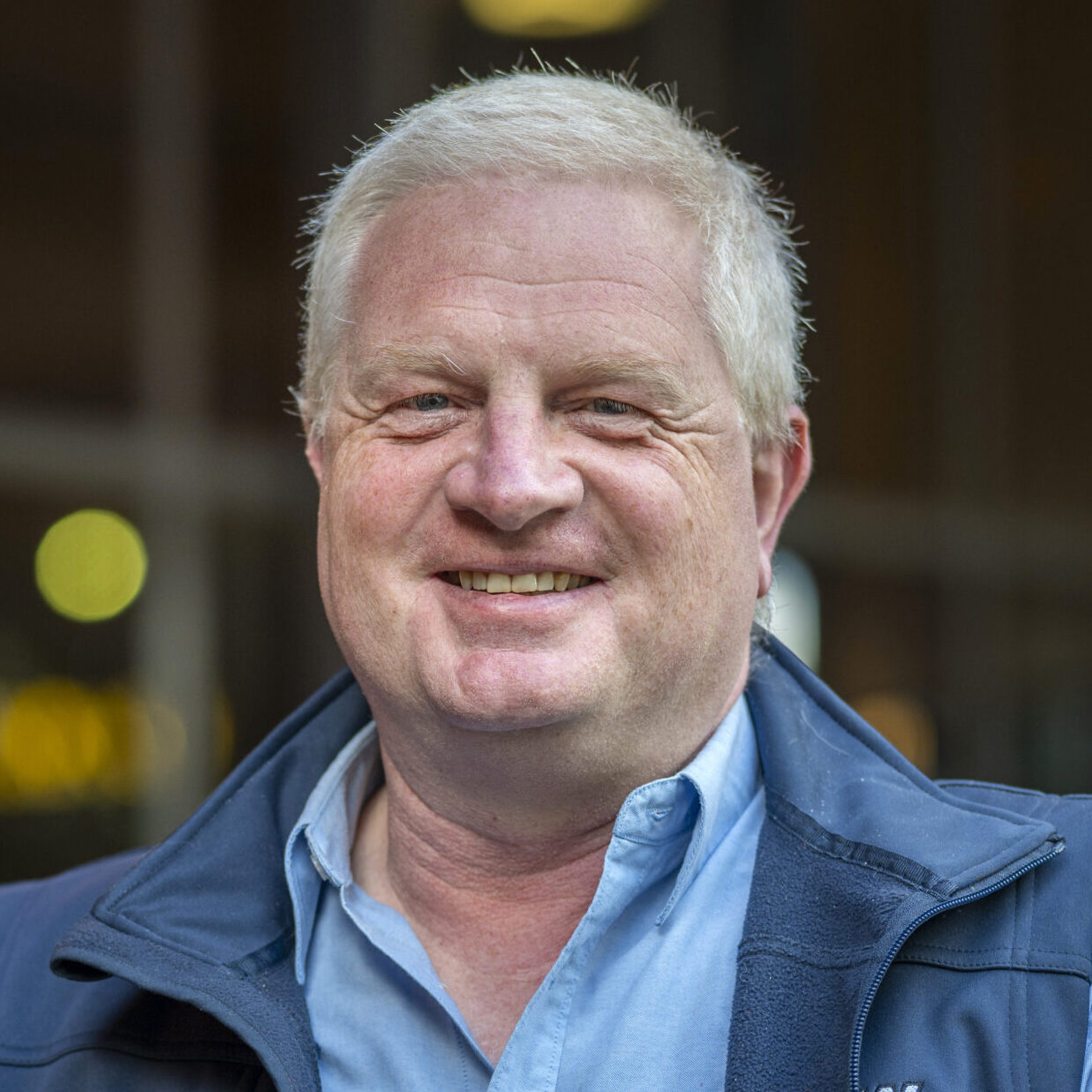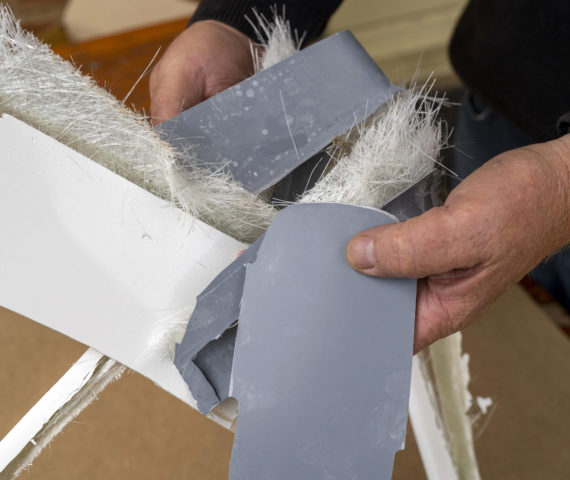
Recycling program
Penguin Composites manufactures high-quality fibre composite products for global supply chains in the defence, marine, energy and automotive industries.
A large proportion of waste generated in-process is offcut fibre composite material, which has very limited options for recycling or re-use.
A waste audit across two sites identified other recyclable materials that could be diverted from landfill, such as cardboard and soft plastics.
The Project
The project will seek to reduce costs of waste disposal by finding alternative disposal methods for identified waste streams, including:
- co-processing of fibre composite waste, and
- recycling of cardboard and plastic film waste.
Objectives
- Reduce waste to landfill.
- Maintain or reduce current costs.
Targets
- Reduce waste to landfill by 50%.
- Maintain or reduce current waste disposal costs.
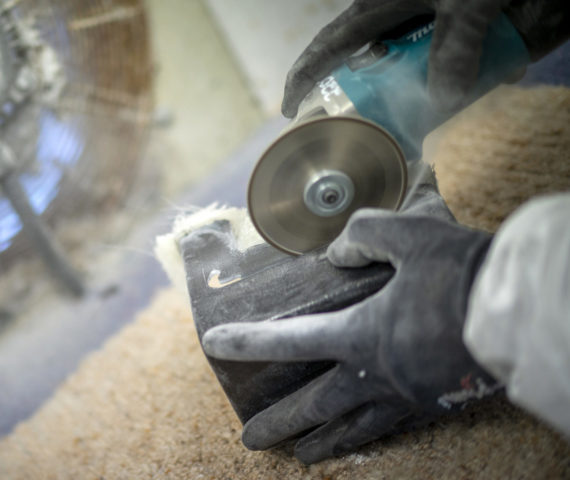
After a component is de-moulded, it is trimmed to create a clean edge. The project explored secondary uses and other opportunities to divert this waste from landfill.
Outcomes
What was implemented?
- Introduced recycling program for cardboard, co-mingled, steel, aluminium and drums.
- Fortnightly kerbside pickup for co-mingled has begun for both sites.
- More reliable metal recycler engaged – this one even pays us!
- Staff education program has begun.
- Collaborated with other businesses and conducted experiments to seek secondary uses for fibre composites.
Key issues
- How to deal with ‘problem’ wastes, eg fibreglass offcuts, resins and MDF – MDF is a real issue and can’t be recycled.
- We looked at many options for fibreglass but mainly tried to reduce waste generation at the source, eg careful measurement of resin and glass matting.
Performance against targets
- We reduced our waste to landfill by approximately 35% across the site.
- We were able to maintain our current costs as the return from the metal recycler has offset additional costs of recycling.
Lessons Learnt
- Waste management can be really challenging, all businesses have their own unique problems.
- It’s great that Tasmanian businesses are genuine in their efforts to do something about it.
- Touring the recycling plant really opened my eyes to the amount of waste that we all generate, it’s actually quite mind blowing.
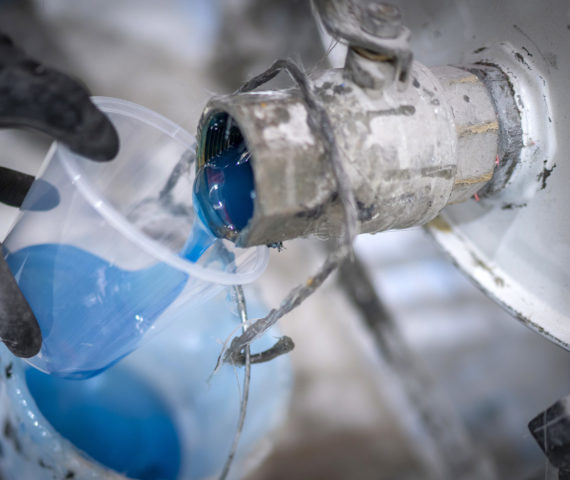
Reducing inputs through more accurate measurement of raw materials, reduced ‘problem’ wastes at the source.

Darren Emmerton
Production Manager
